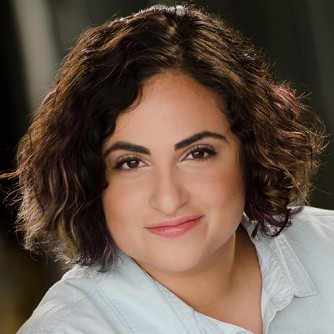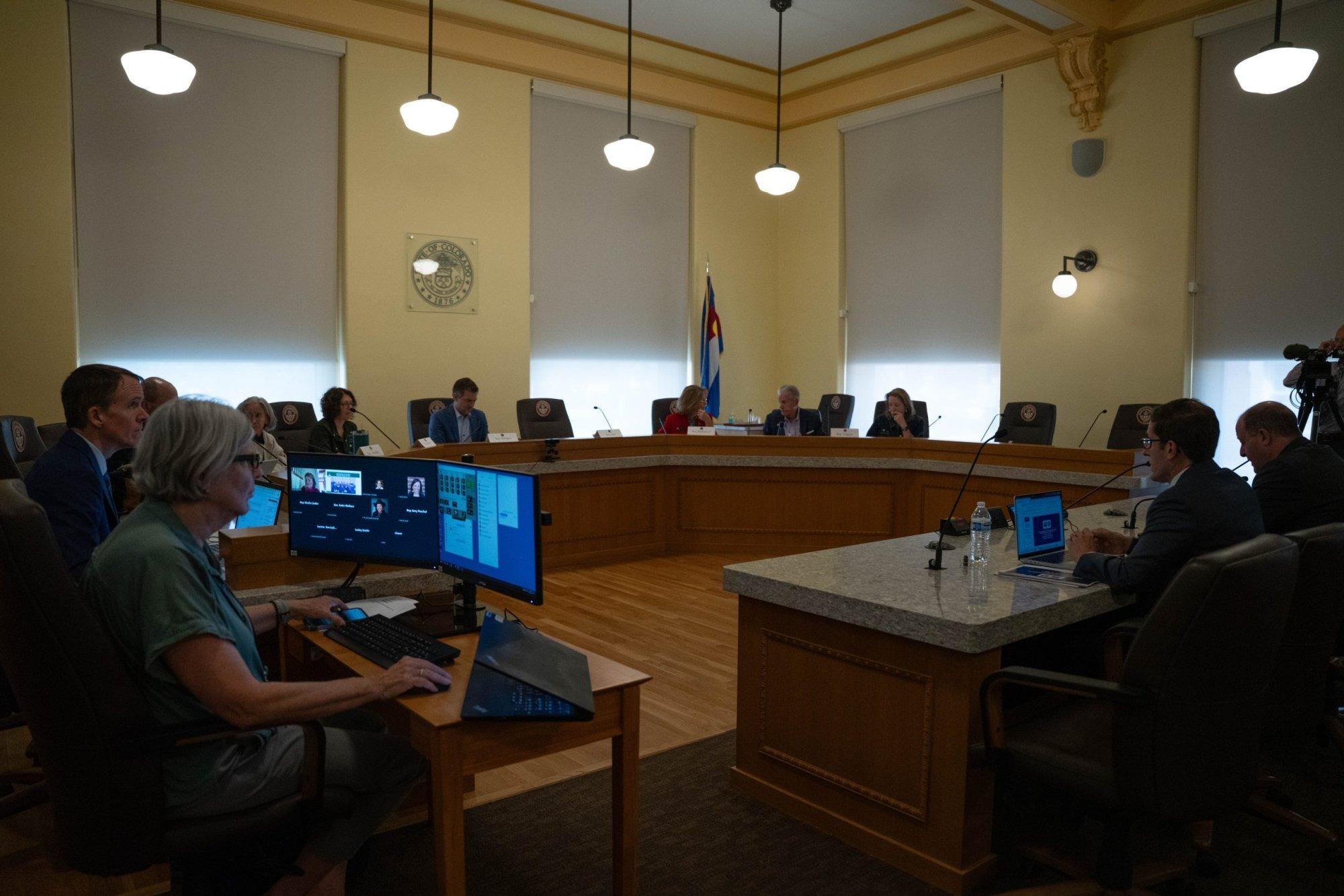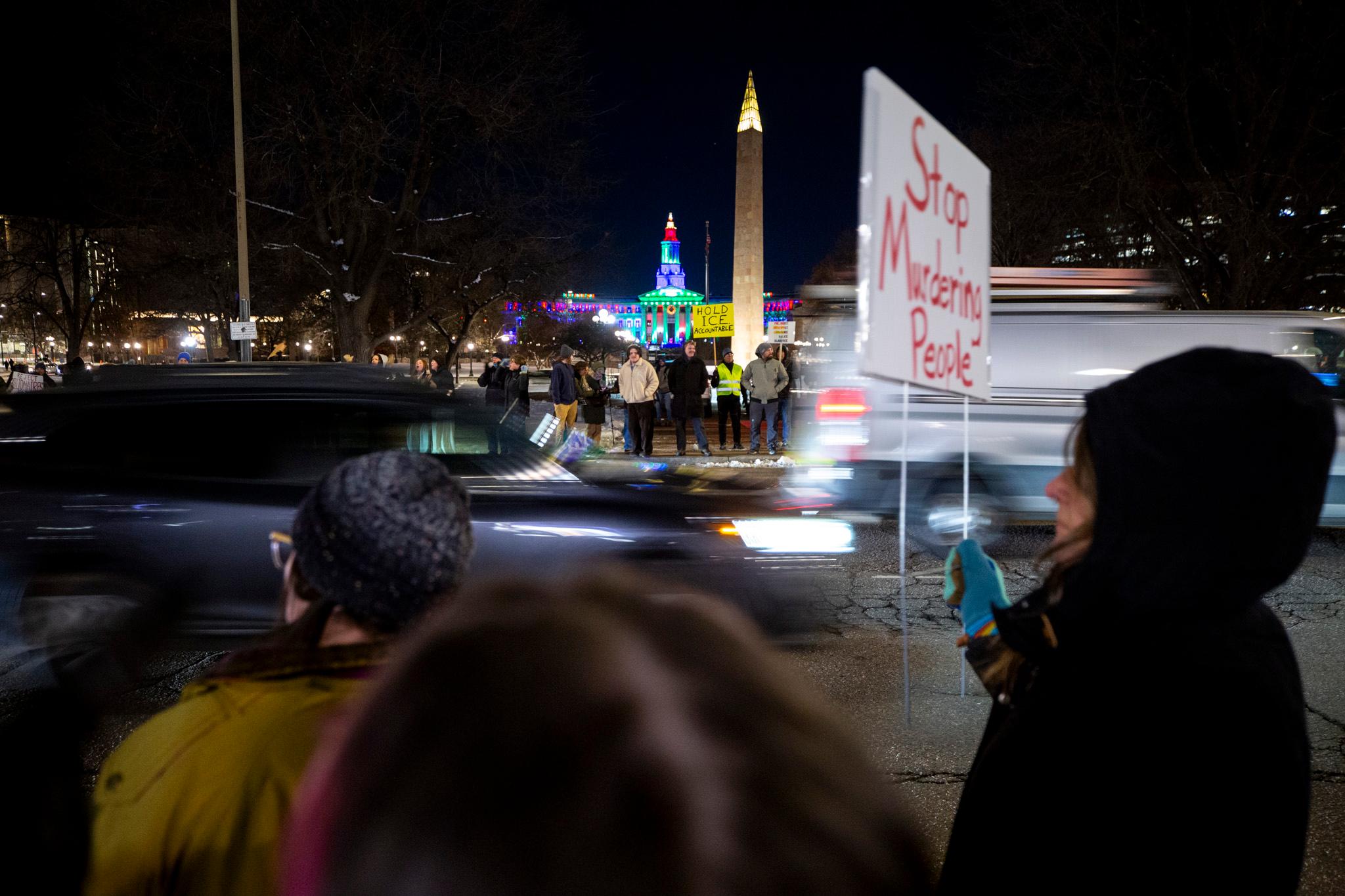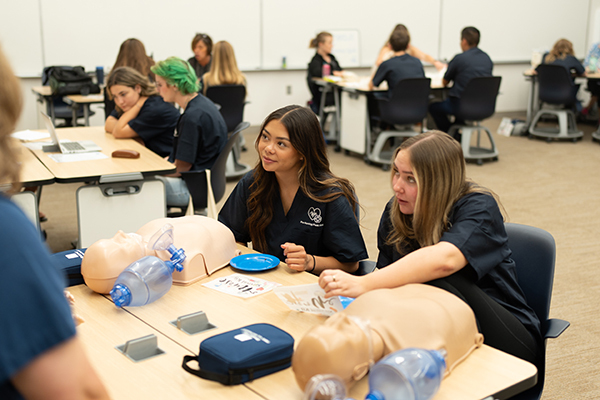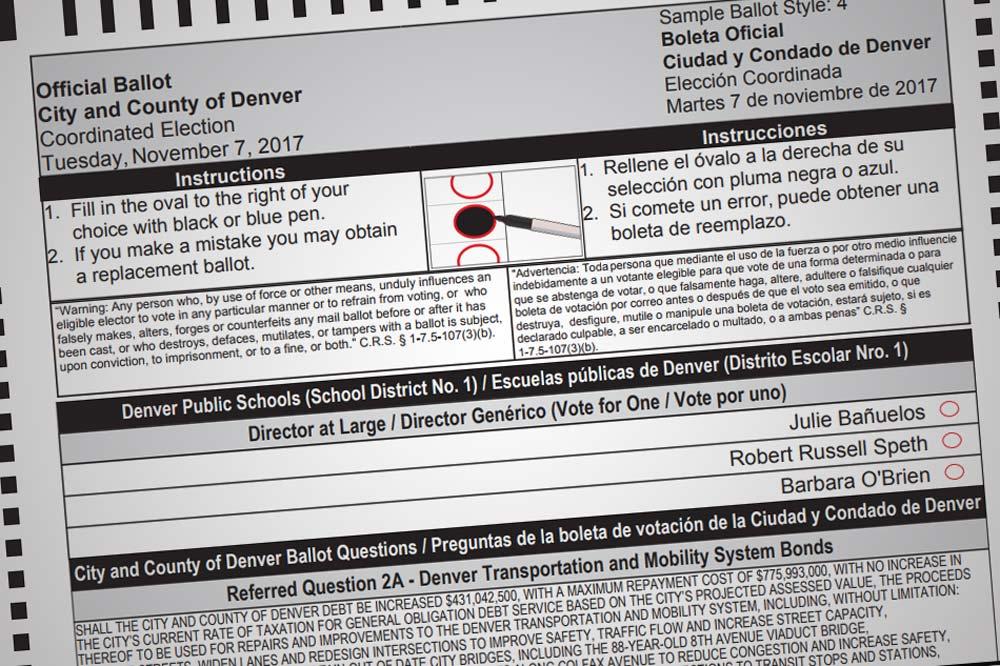

It’s an off-year election and while many eyes will again be on the high profile school board race in Douglas County, there are similar stakes in Denver and Aurora.
Denver School Board
- The Board Majority Is At Stake: Four out of seven seats are contested, meaning there’s a chance that tides could turn on the Denver Public Schools board. However, it’s not looking likely. DPS is seeing the same narrative in 2017 that has played out in past races: candidates (largely incumbents) who want to uphold the district’s current reform agenda — which includes charter schools, school choice policies and closures of schools considered to be low performing — versus candidates who are largely backed by teacher’s unions who want to change course and shore up the district’s traditional schools, while halting or at least pausing some reform efforts. A total flip is unlikely since the reform candidates tend to be far better funded, but even if just one seat changes over, the board’s dynamic will shift.
- These Races Are Not Immune To National Politics: More than one union-backed candidate, or similarly aligned outside group, has made a concerted effort to tie the current board to President Trump or Education Secretary Betsy DeVos. The latter makes the most sense, since DeVos has long touted policies that offer alternatives to traditional public schools. However, DPS superintendent Tom Boasberg has distanced the district from DeVos. Tay Anderson, the 19-year-old firebrand candidate for the District 4 seat, has led the charge when it comes to tying the current board to DeVos. When she visited Denver for the ALEC conference in July, Anderson worked with teachers unions to organize a large protest against her.
- This Is A Referendum On Reform: To many Denver voters, this race may be a dose of deja vu. Candidates run nearly every election to challenge the district’s current reform approach, and this year is no different. From Carrie Olsen, who wants to see an end to the district’s practice of shuttering low performing schools, to Julie Banuelos, who calls for “ending ‘school choice’ as we know it.” The thing is, Denver has voted for reform time and time again.
Aurora School Board
- Change Is Virtually Guaranteed In Aurora: As opposed to the school board race next door, things are more primed for a shakeup in Aurora. While it’s a similar story — four out of seven seats are up for election — there’s only one incumbent running for re-election out of nine candidates.
- Reform Is On The Ballot Here, Too, But It’s Relatively Recent Reform: Superintendent Rico Munn is phasing a charter school in to replace a low-performing district-run school, with four more charter schools on the way. On top of this, the board granted five schools innovation status. These are small steps compared to DPS’ portfolio of charter and innovation schools, but many of the candidates on the ballot are running in direct response to these moves. Four union-backed candidates are calling for a halt to charter expansion.
- Diverse Voices Are Weighing In: Groups like RISE Colorado and Young Aspiring Americans for Social and Political Activism have been hosting candidate forums led by students and parents posing their own questions. For Aurora, which is majority non-white, this is relatively new. YAASPA, for example, is introducing students to the school board races for the first time. RISE Colorado orchestrated a community effort to draft a board resolution expressing support for immigrant families who fear deportation. Both groups say their involvement in the race is a long time coming, since some feel the district has not done enough to accommodate the city’s diverse student population.
